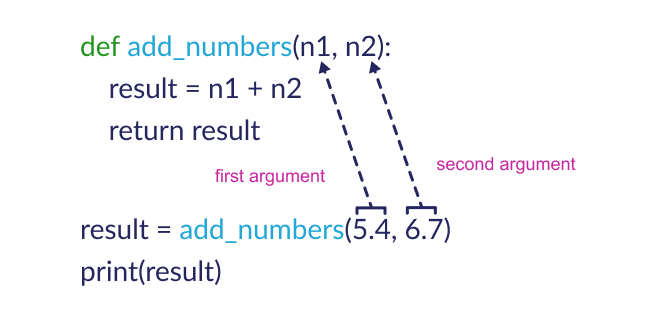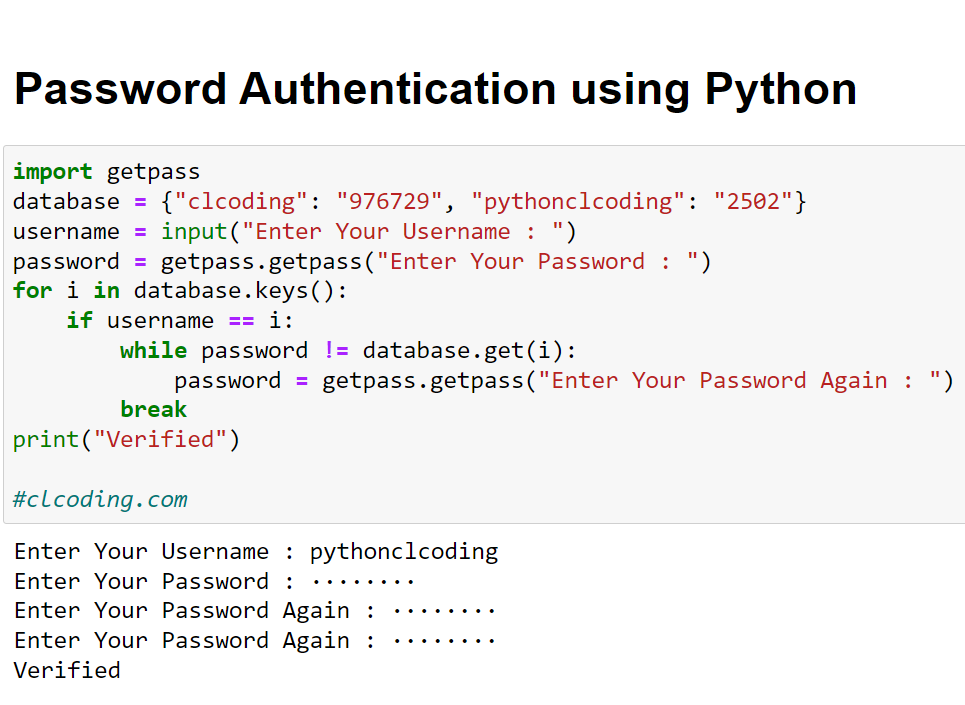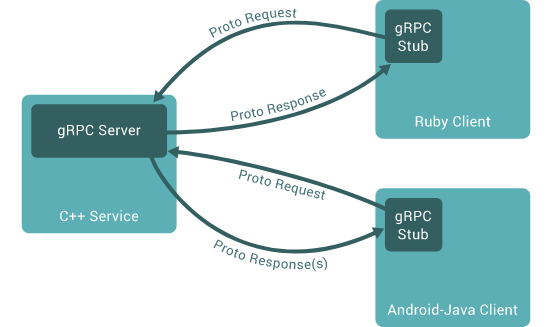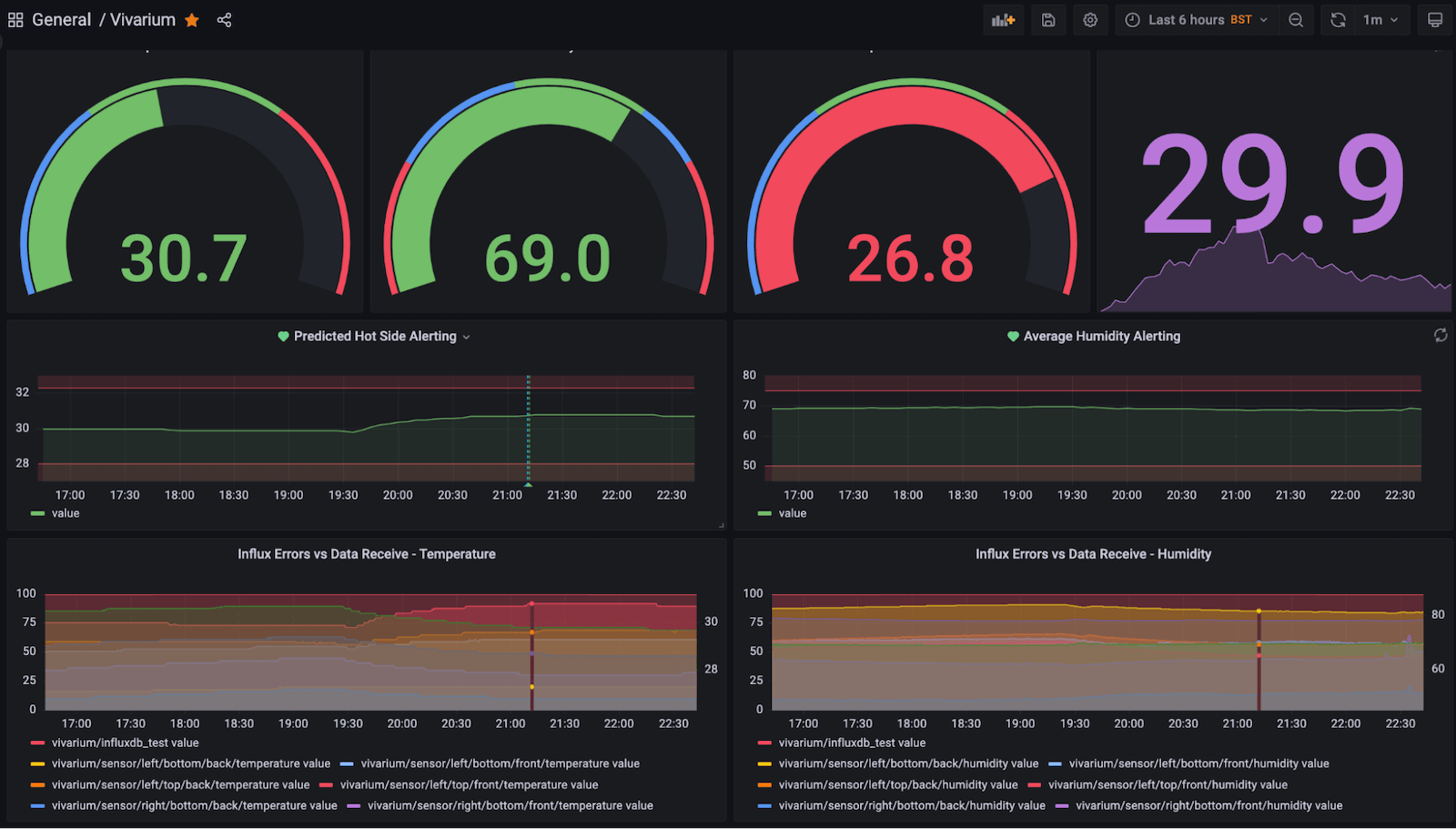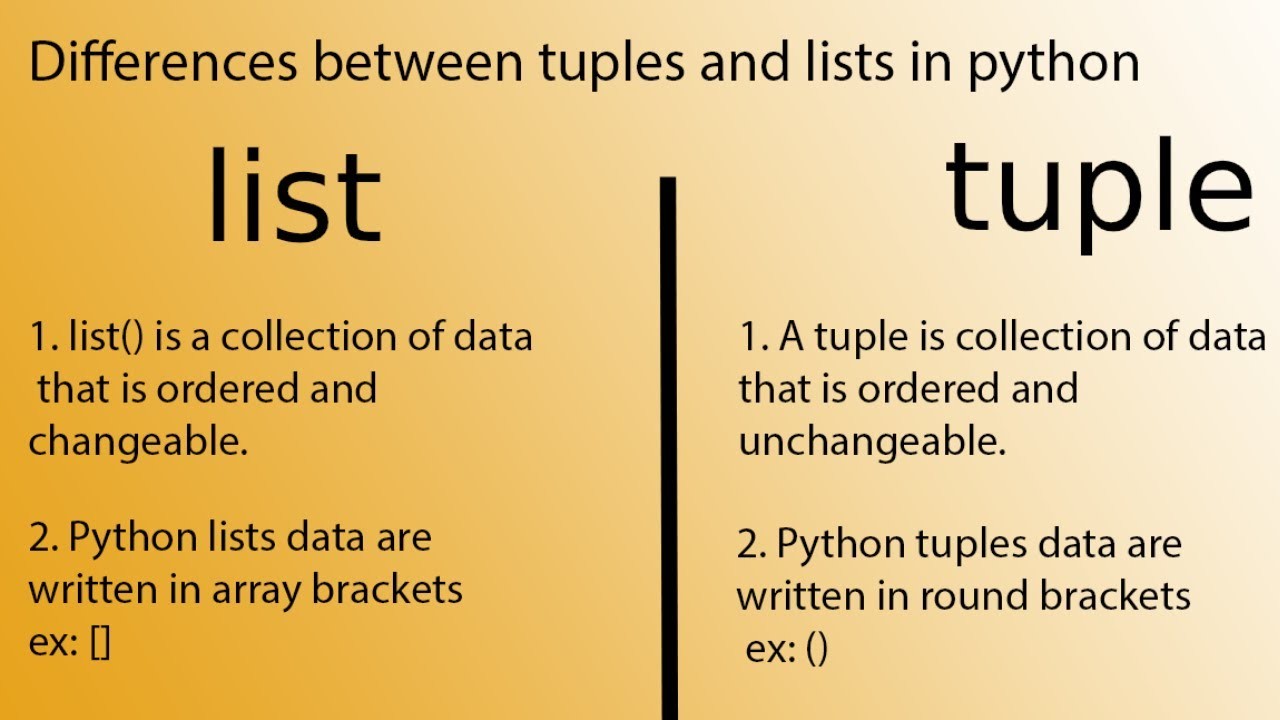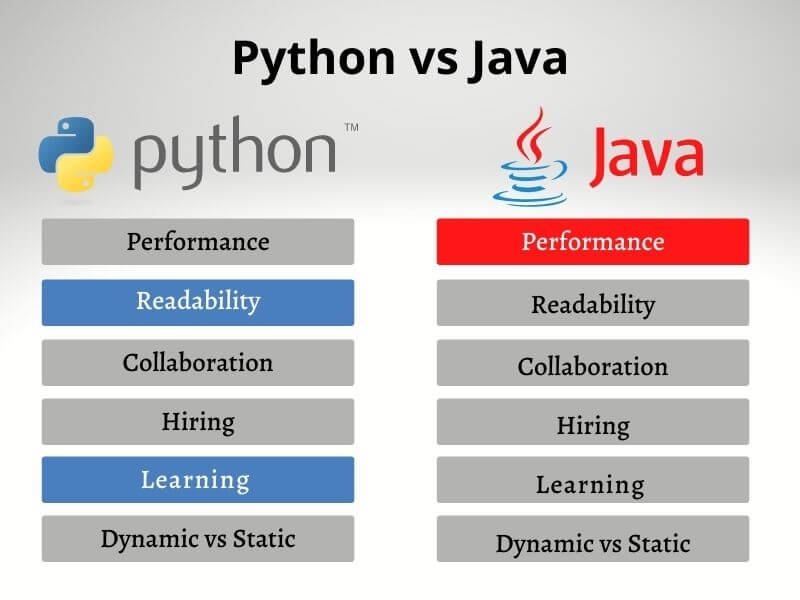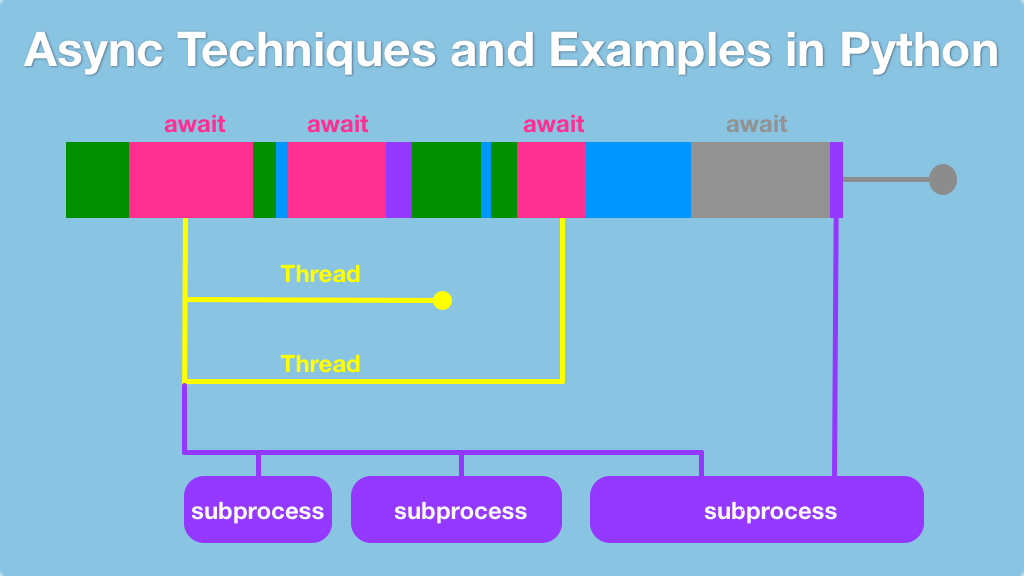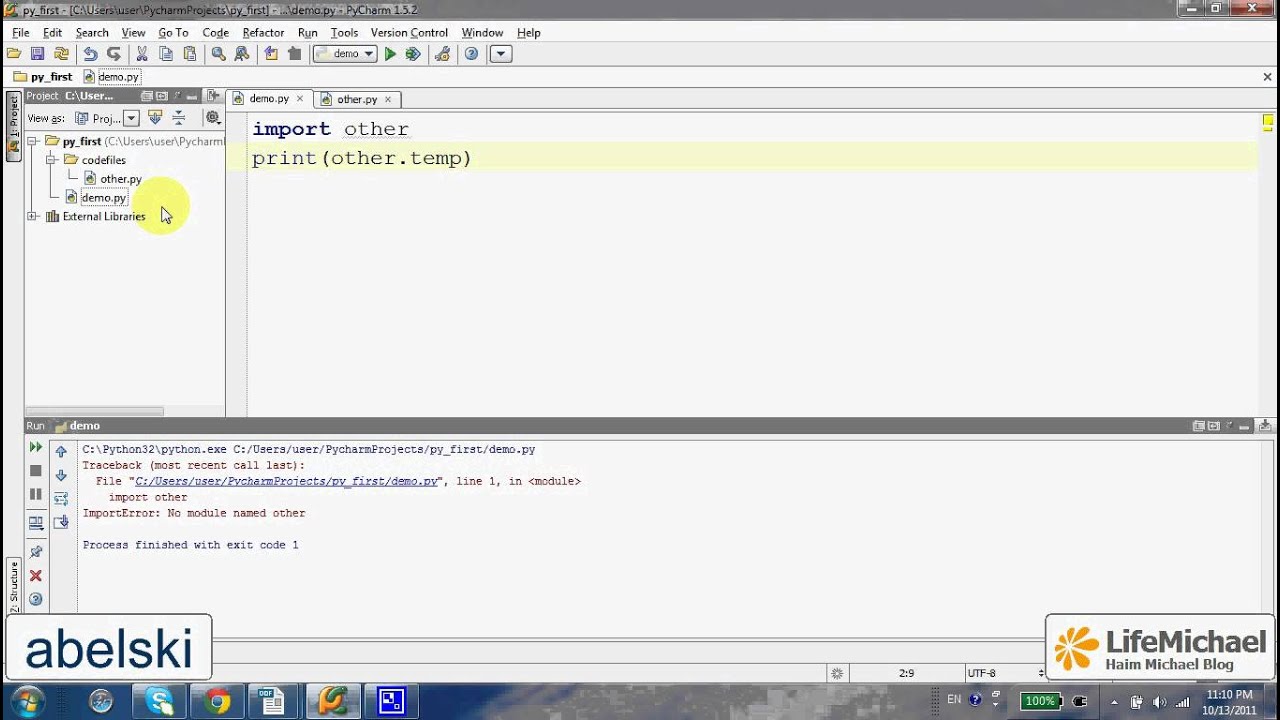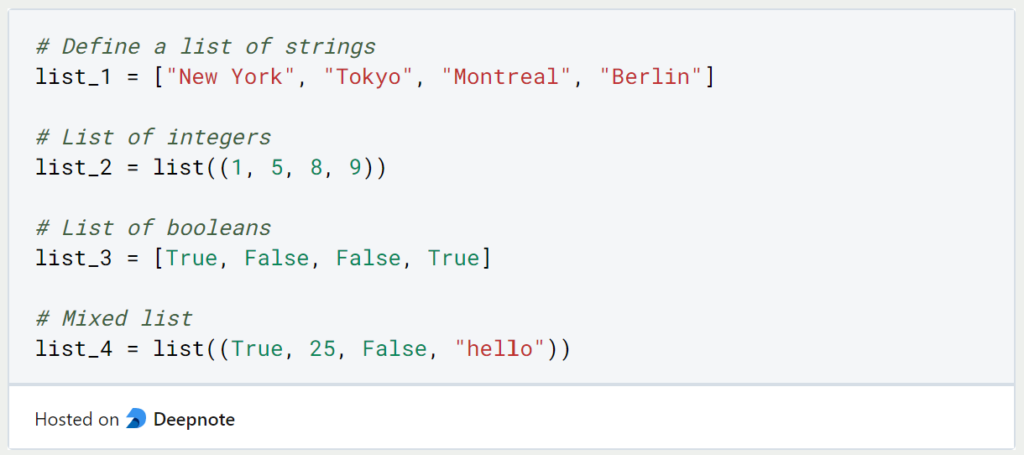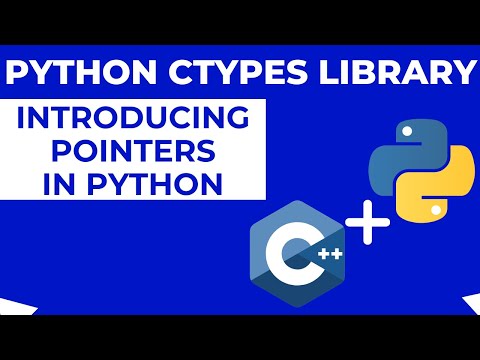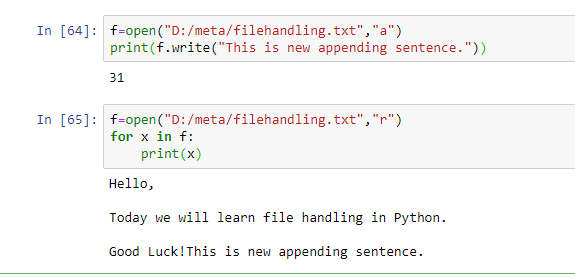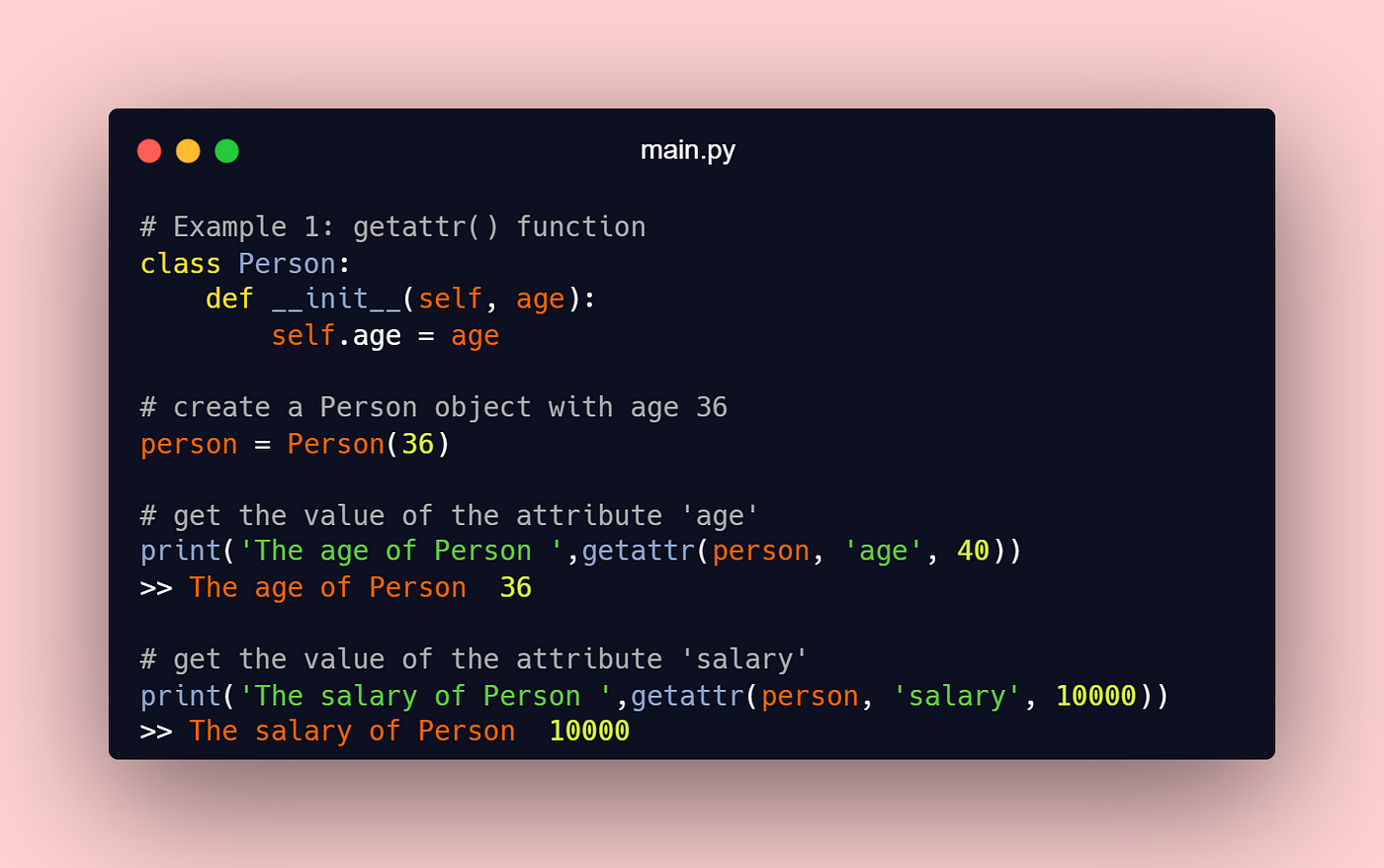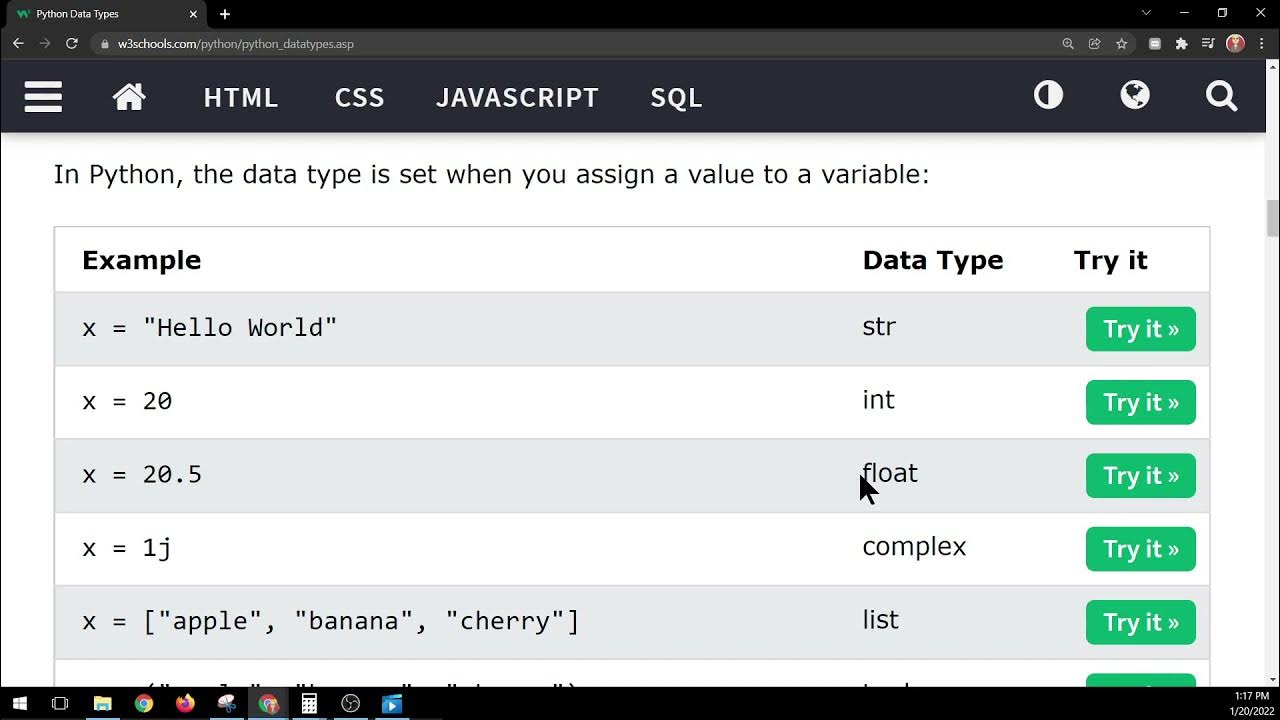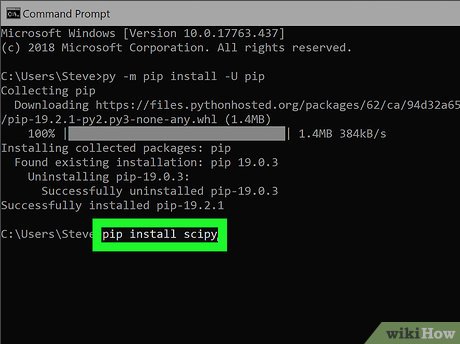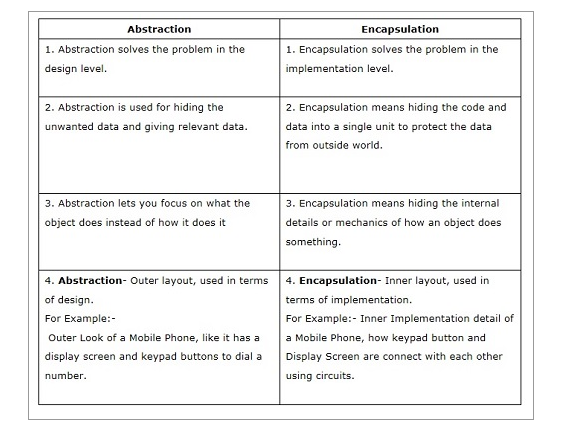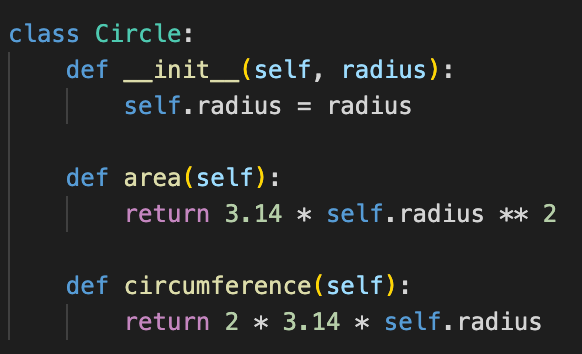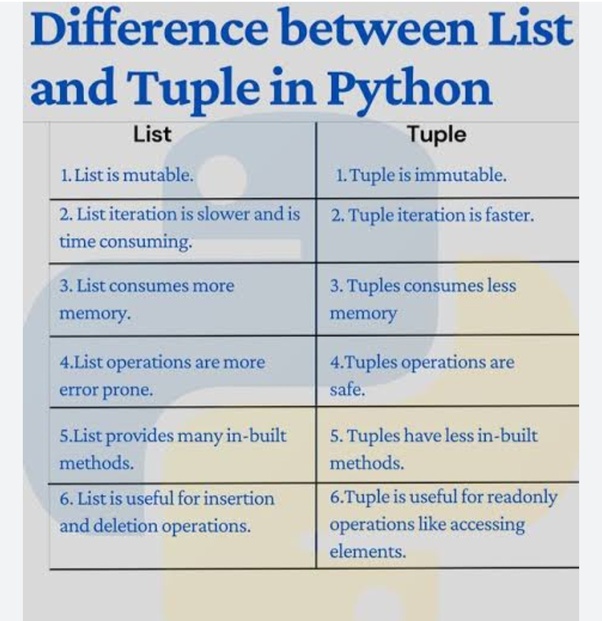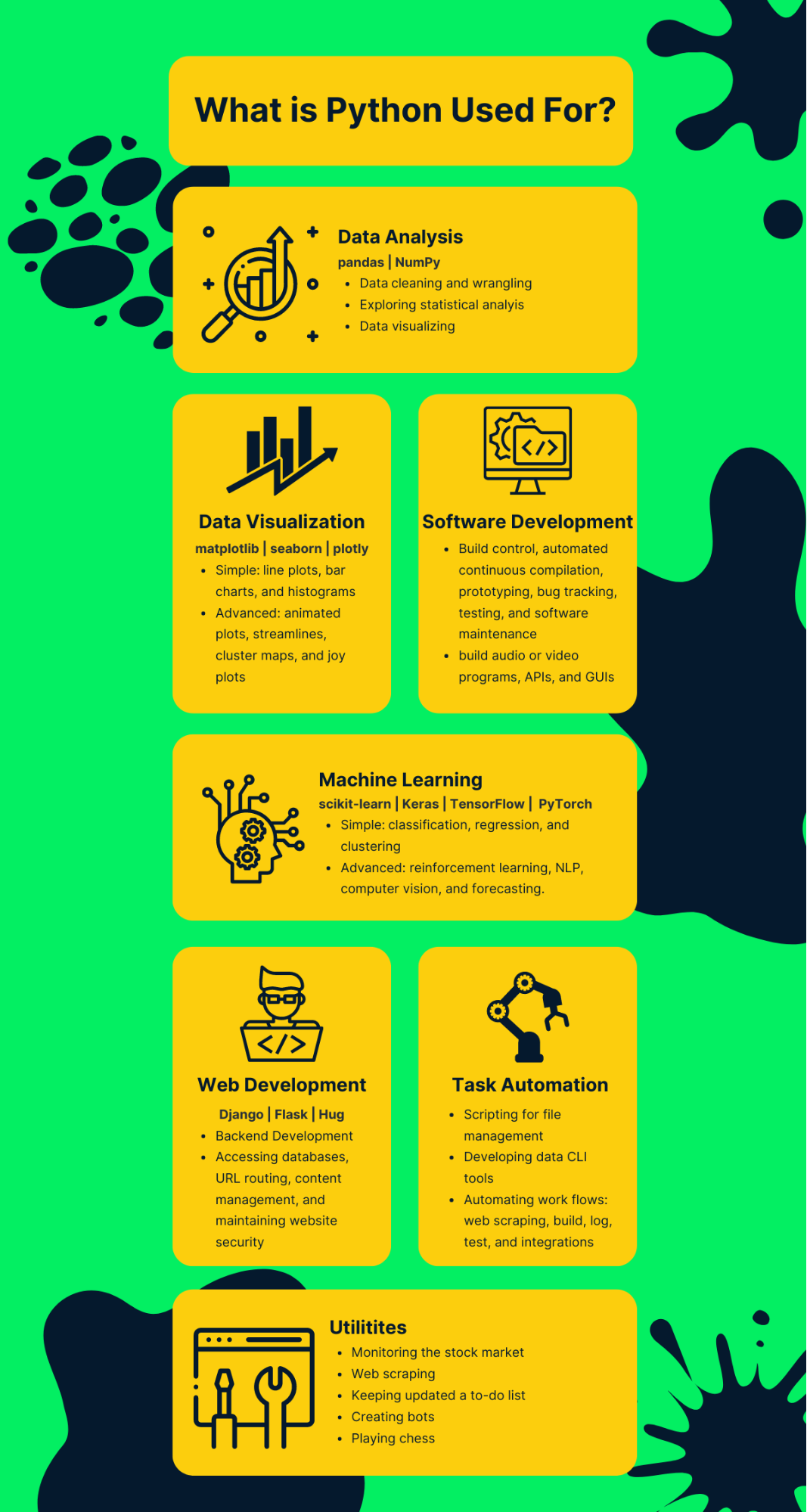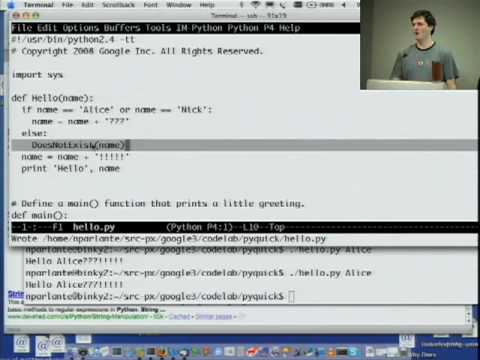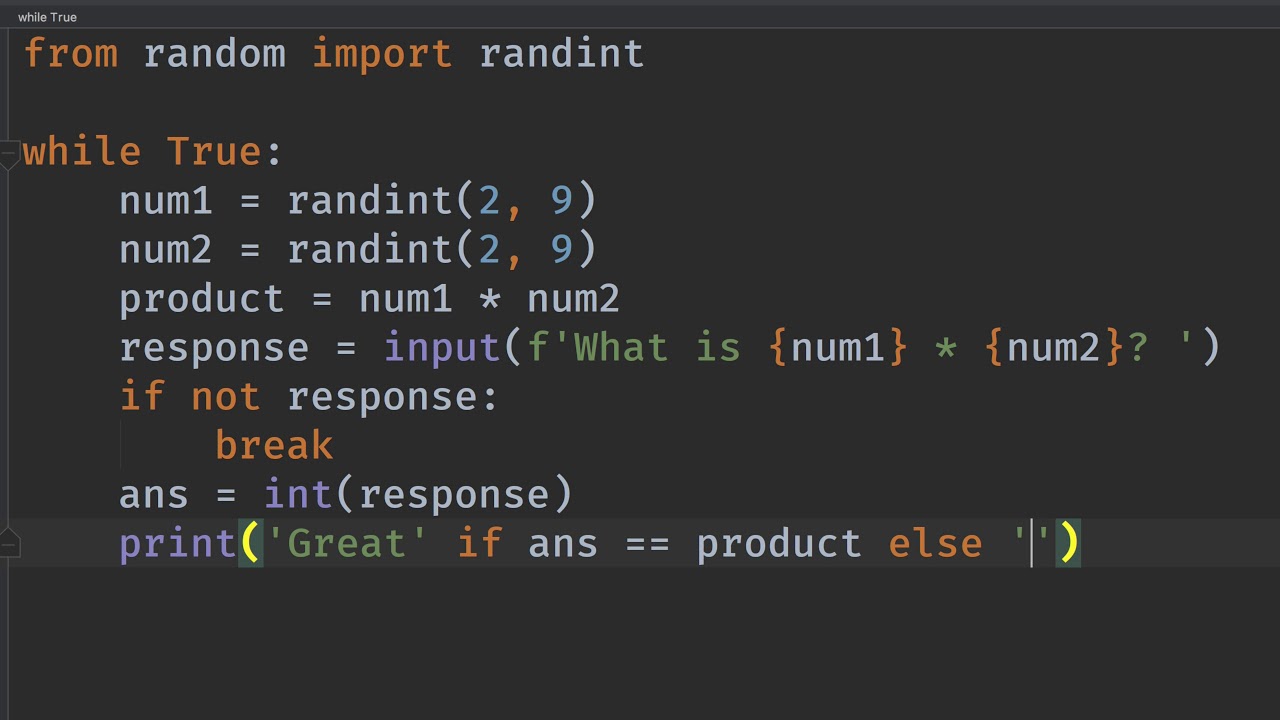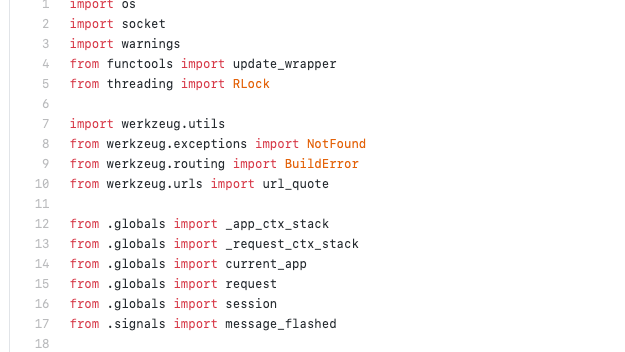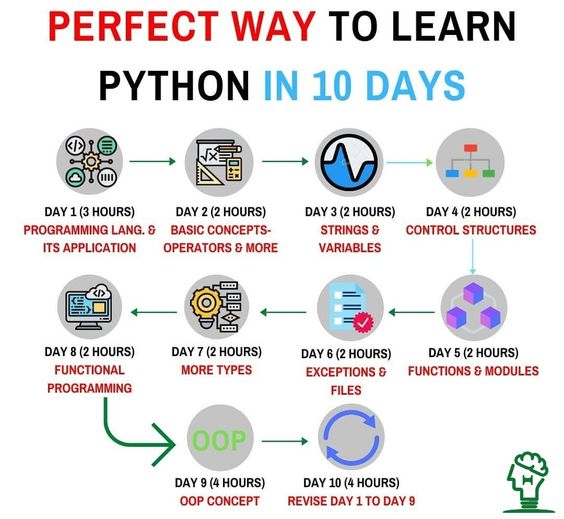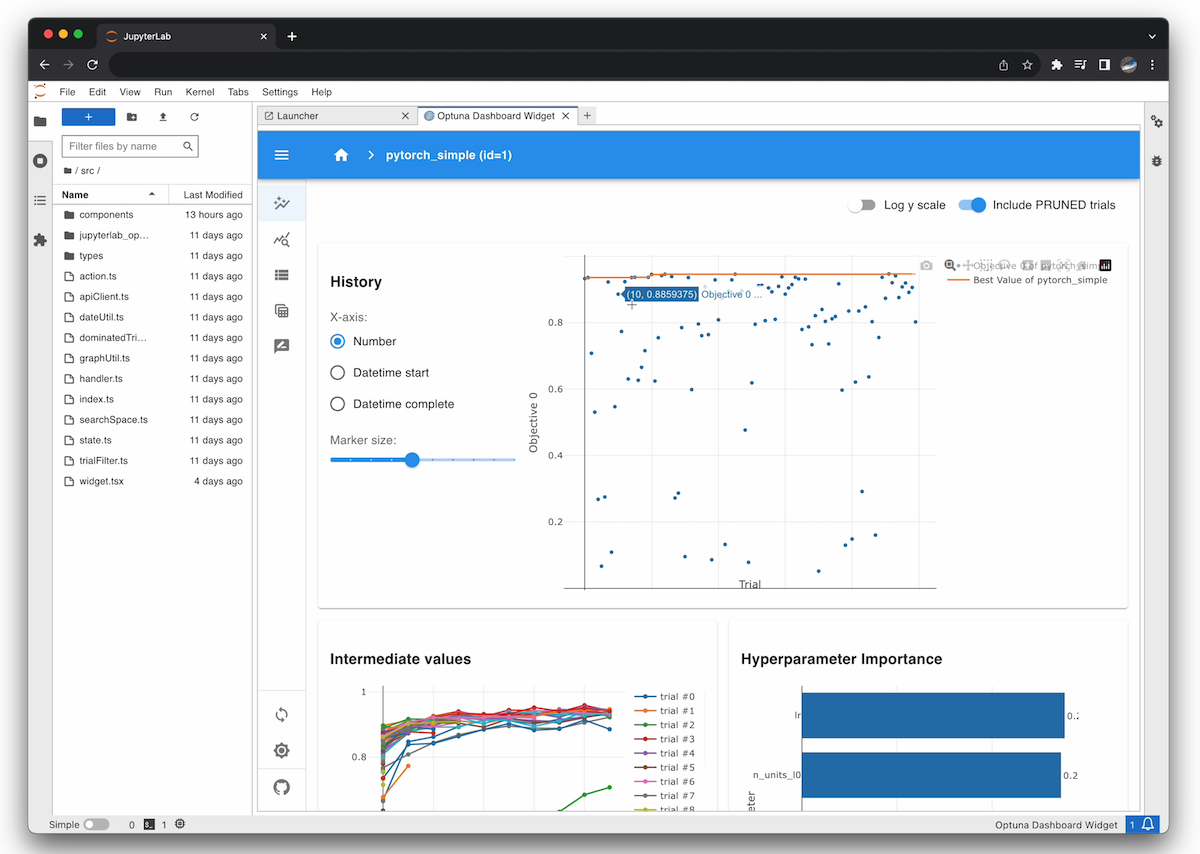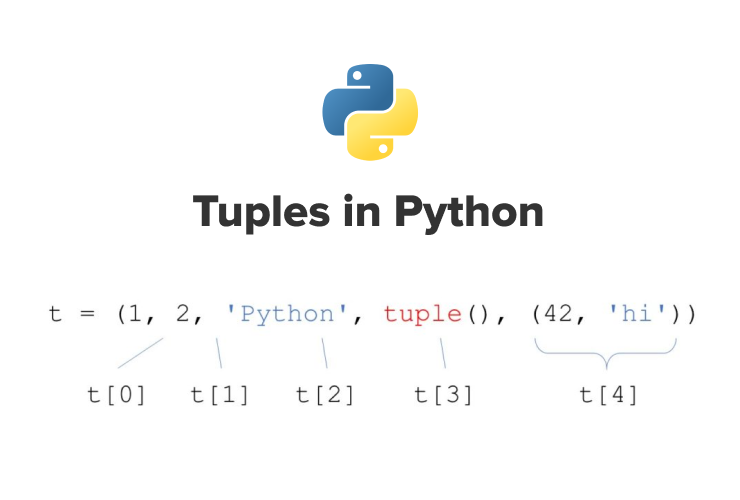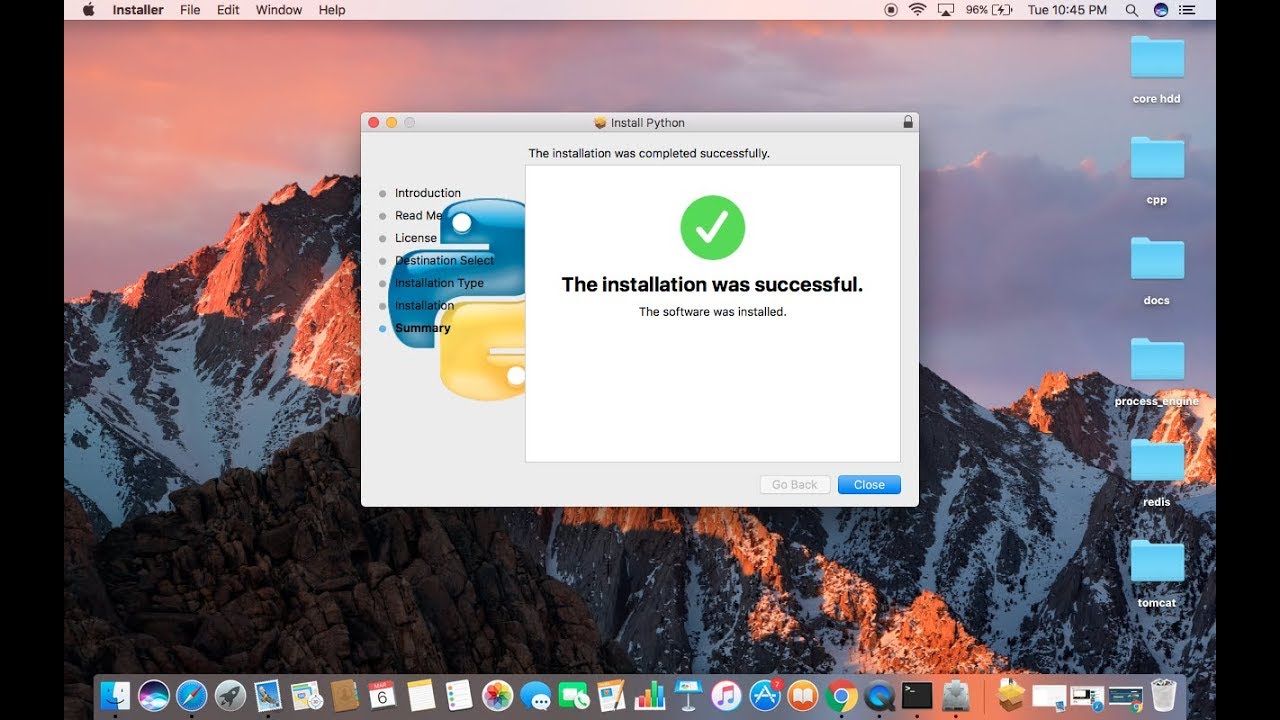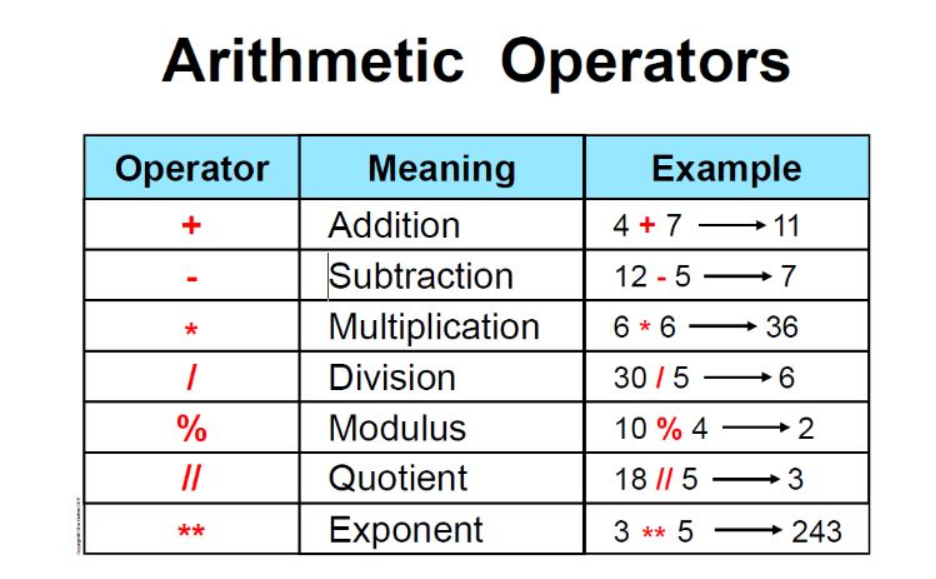How long does it take to learn Python for a beginner?
How long does it take to learn Python for a beginner?

As a seasoned developer, I've had the pleasure of working with numerous beginners who are eager to dive into the world of programming with Python. While every individual's learning pace is unique, I'll provide you with a general outline of what to expect when starting your Python journey.
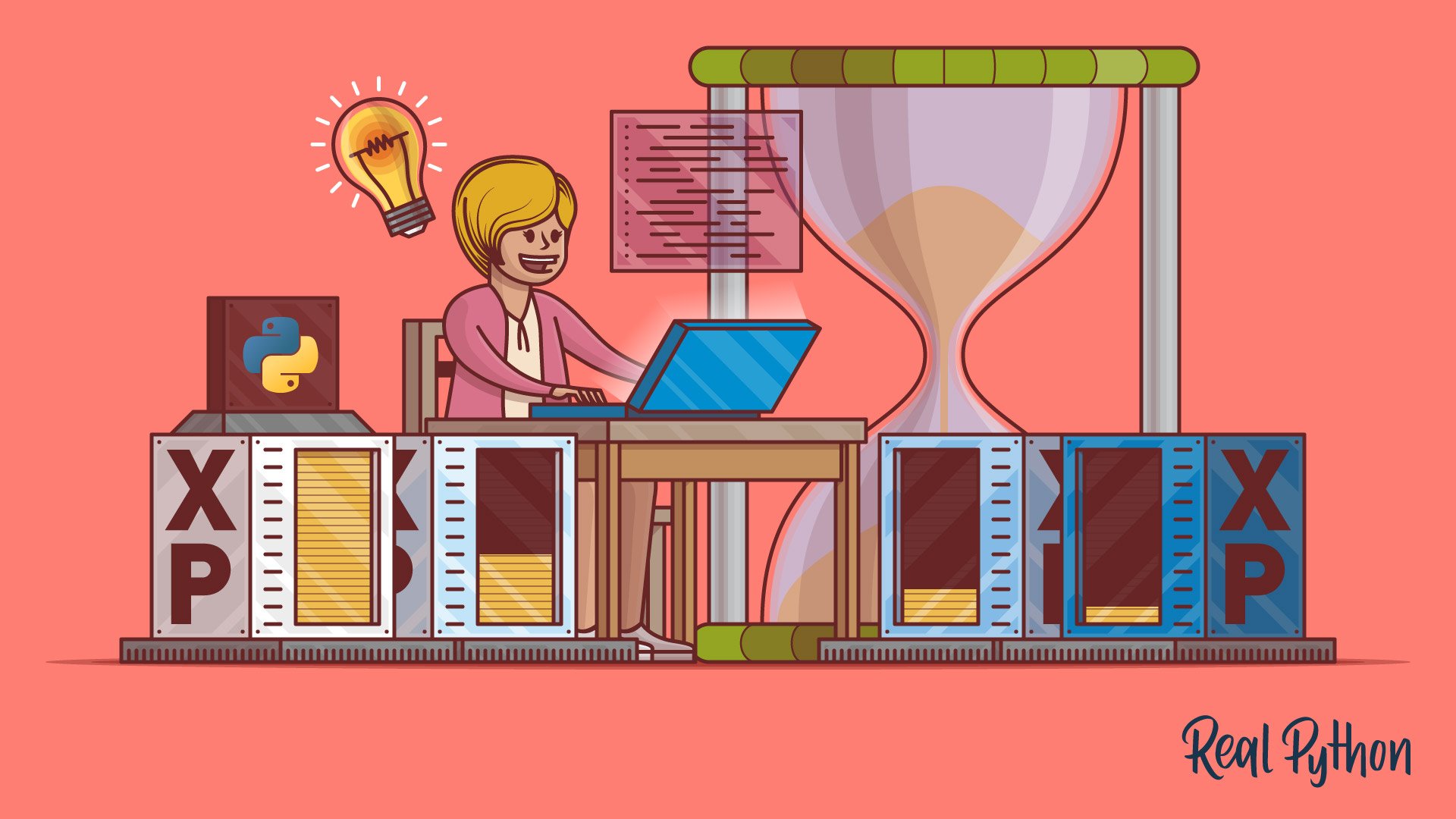
In my experience, it usually takes around 1-3 months for a beginner to gain a solid foundation in Python programming, assuming they dedicate around 2-4 hours per week to learning. This timeframe can vary depending on several factors, such as:
Prior programming knowledge: If you have experience with other programming languages, your learning curve will be significantly shorter. Learning style: Some people learn faster through hands-on experimentation, while others prefer a more structured approach with tutorials and textbooks. Amount of practice: The more you code, the quicker you'll progress.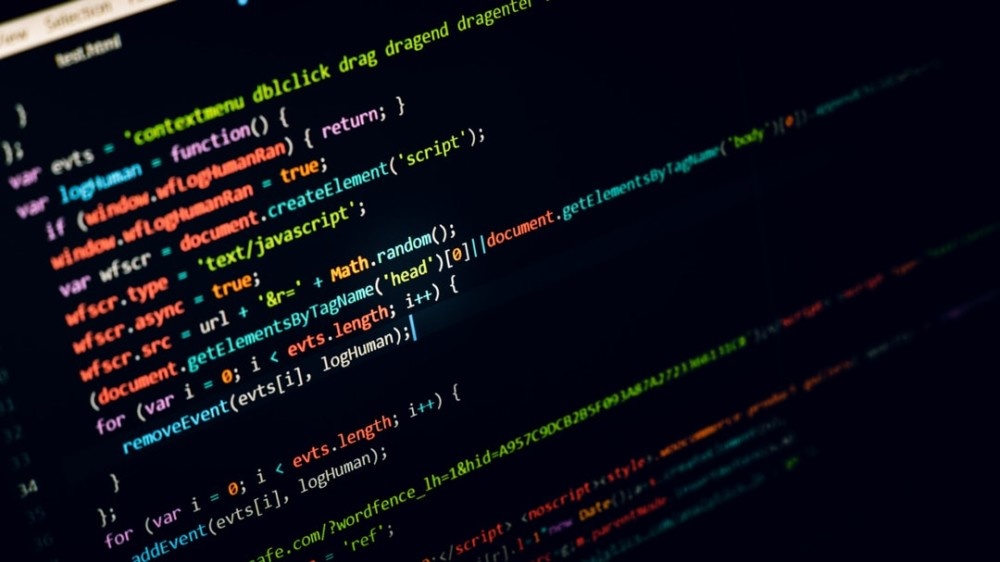
Here's a rough outline of what to expect during this 1-3 month learning period:
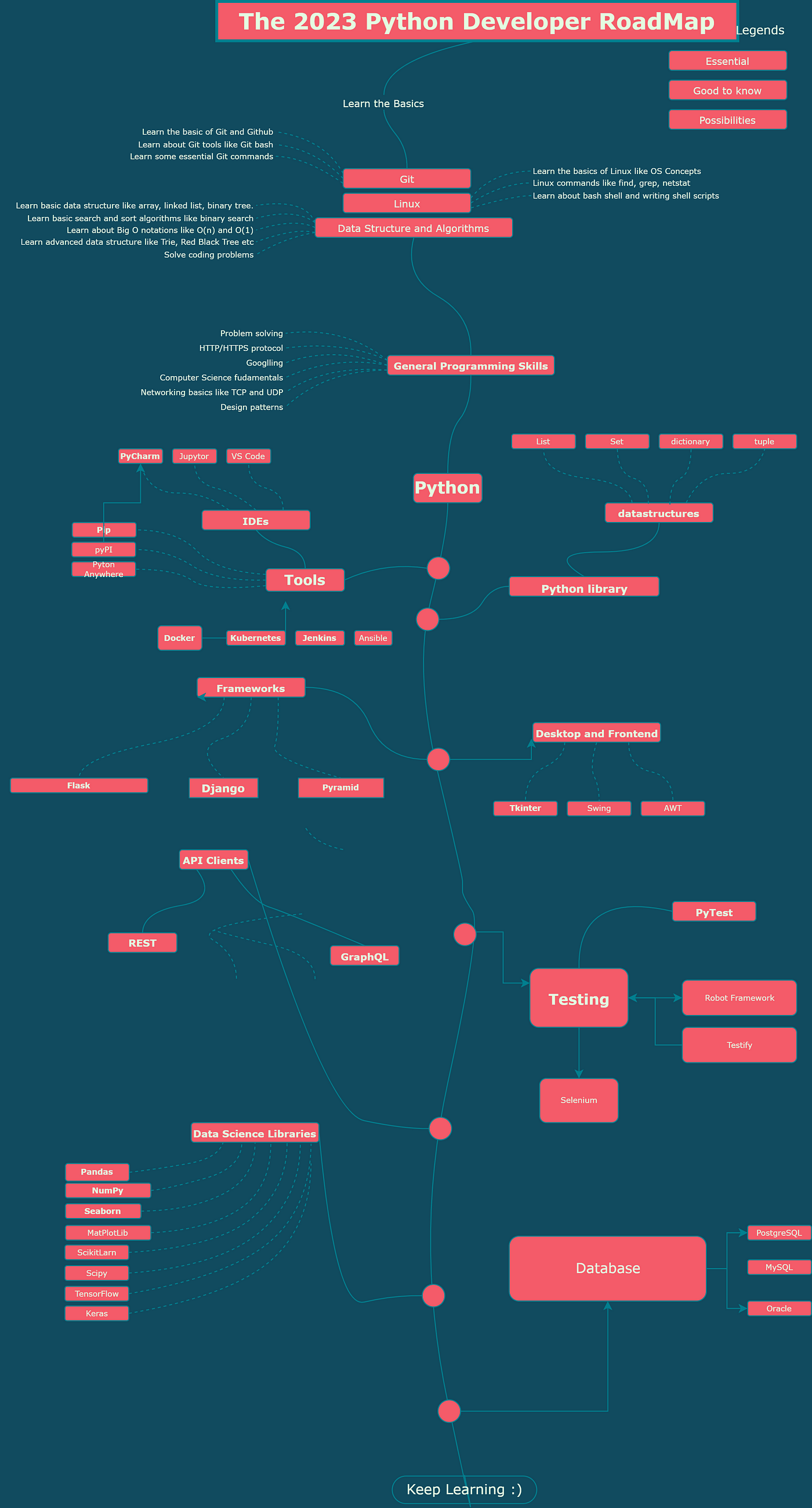
Weeks 1-2: Introduction and Basic Syntax
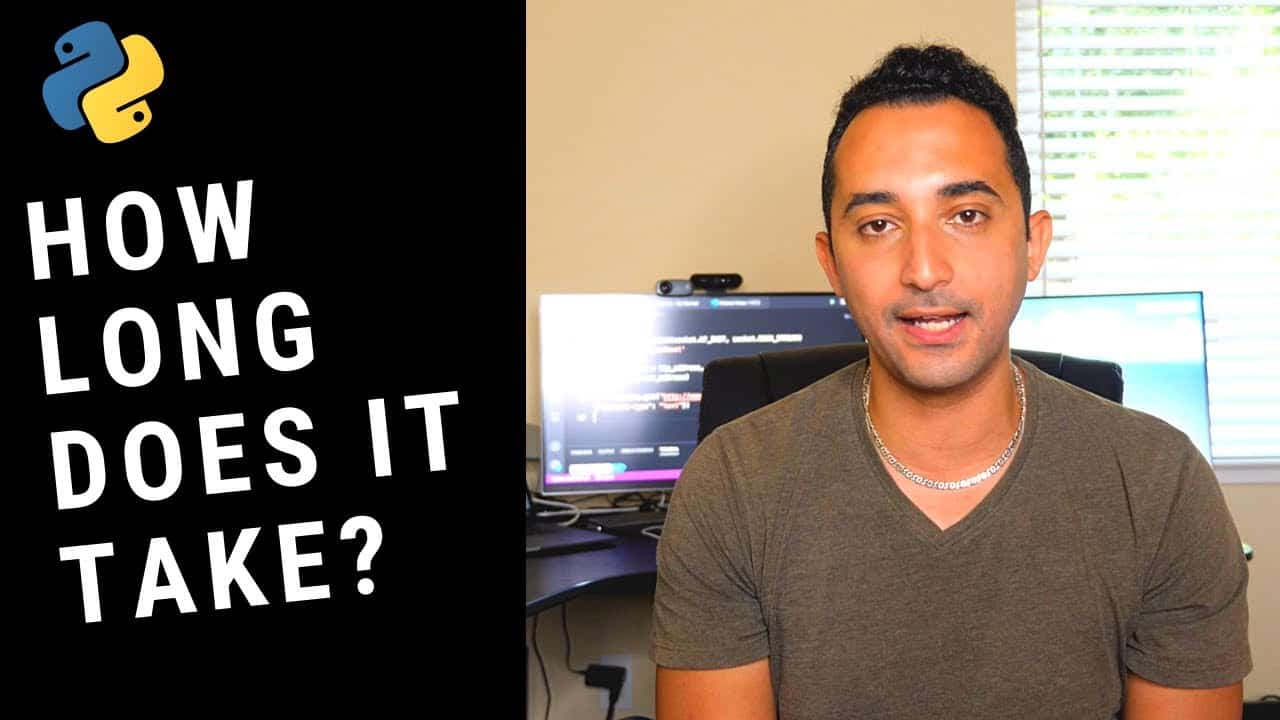
Weeks 3-4: Data Structures and File Handling
Dive into more advanced concepts like lists, dictionaries, sets, and tuples. Understand how to work with files, including reading, writing, and manipulating data in various formats (e.g., CSV, JSON).Weeks 5-6: Object-Oriented Programming and Modules
Learn the fundamentals of object-oriented programming (OOP) in Python, including classes, objects, inheritance, and polymorphism. Explore how to use built-in modules like math, statistics, and random, as well as import custom modules.Weeks 7-8: Debugging and Best Practices
Develop your debugging skills by learning how to use tools like pdb and print statements to identify and fix errors. Discover best practices for coding, such as commenting code, using consistent naming conventions, and writing modular, reusable functions.After 3 Months: Building Projects and Refining Skills
Once you've established a solid foundation, it's time to apply your knowledge by building real-world projects. This could include working with web frameworks (e.g., Flask, Django), data analysis tools (e.g., Pandas, NumPy), or machine learning libraries (e.g., scikit-learn, TensorFlow). Continuously refine your skills and stay up-to-date with the latest developments in the Python community.Remember that this is just a rough estimate, and everyone's learning pace is unique. Be patient, persistent, and willing to learn from your mistakes. With dedication and practice, you'll become proficient in Python programming in no time!
How difficult is Python for beginners?
Python can be a challenging language to learn for complete beginners, but it's definitely accessible with the right approach. Here are some factors that may affect the difficulty level:
Prior programming experience: If you have some background in programming, such as having learned another language like Java or C++, you'll likely find Python more familiar and easier to grasp. Learning curve: Python has a relatively shallow learning curve compared to other languages like Haskell or Lisp. It's designed to be easy to read and write, with a syntax that's simple and intuitive.However, here are some areas where beginners might struggle:
Indention-based syntax: Python uses indentation (spaces or tabs) to define block-level structure. This can take some getting used to if you're coming from languages that rely on curly braces or semicolons. Dynamic typing: In Python, you don't need to declare variable types before using them. While this flexibility is a major strength, it can also make it harder for beginners to understand how the language handles type-related issues. Object-oriented programming (OOP): Python supports OOP principles like encapsulation, inheritance, and polymorphism. While these concepts are not unique to Python, mastering them can take time and practice.To overcome these challenges, here are some tips:
Start with basics: Begin by learning the fundamental syntax, data types, control structures, functions, and modules. Practice, practice, practice: The more you code in Python, the more comfortable you'll become with its unique features and quirks. Use interactive environments: Jupyter Notebooks, IDLE, or PyCharm's interactive shells can help you experiment and learn Python interactively. Find resources: There are many online tutorials, courses, and books that cater to beginners. Some popular resources include Codecademy's Python course, Python.org's official tutorials, and "Python Crash Course" by Eric Matthes.In conclusion, while Python may present some challenges for absolute beginners, it's a language well worth the effort. With dedication and practice, you can overcome any difficulties and develop a strong foundation in Python programming.
(Note: I've responded in English as per your request.)
